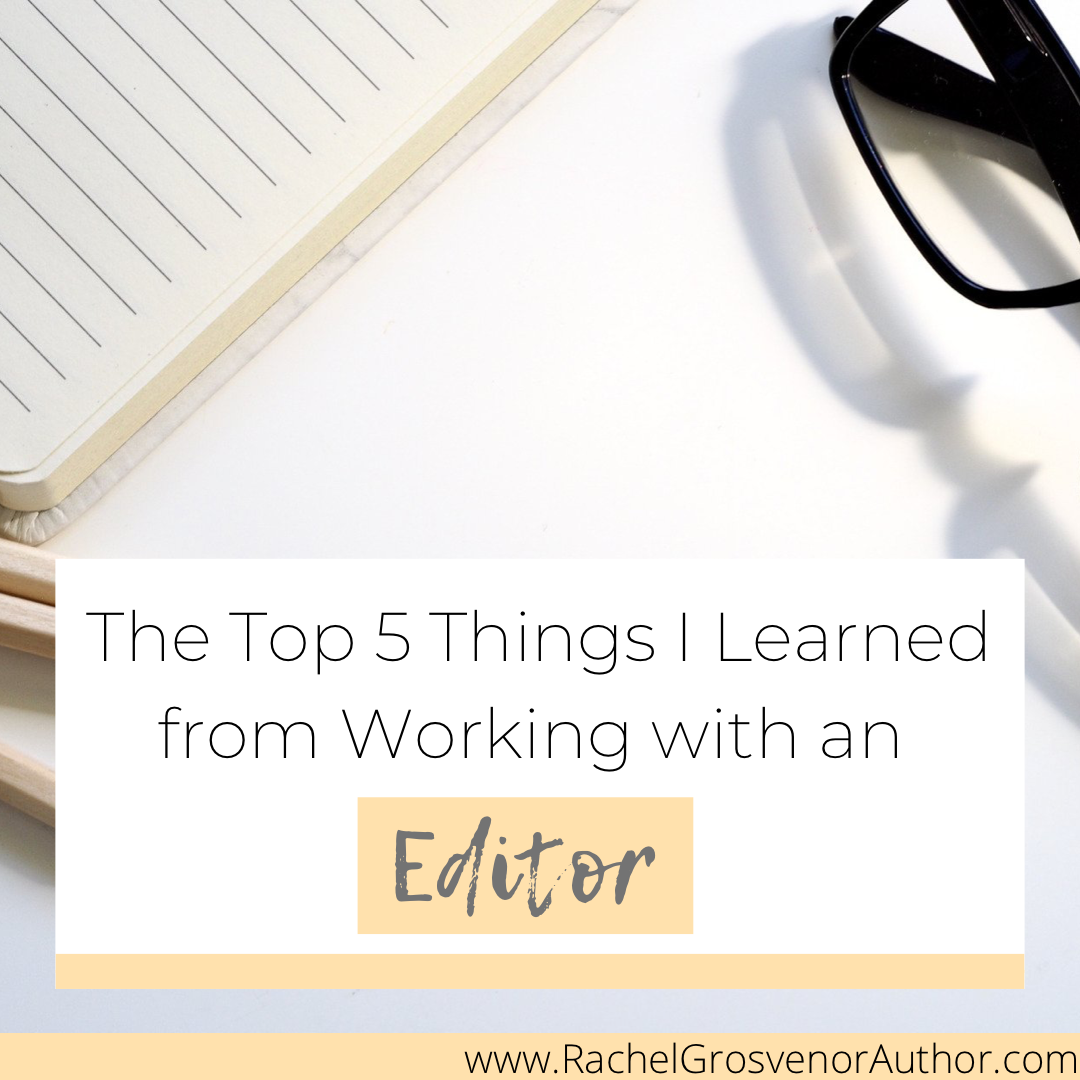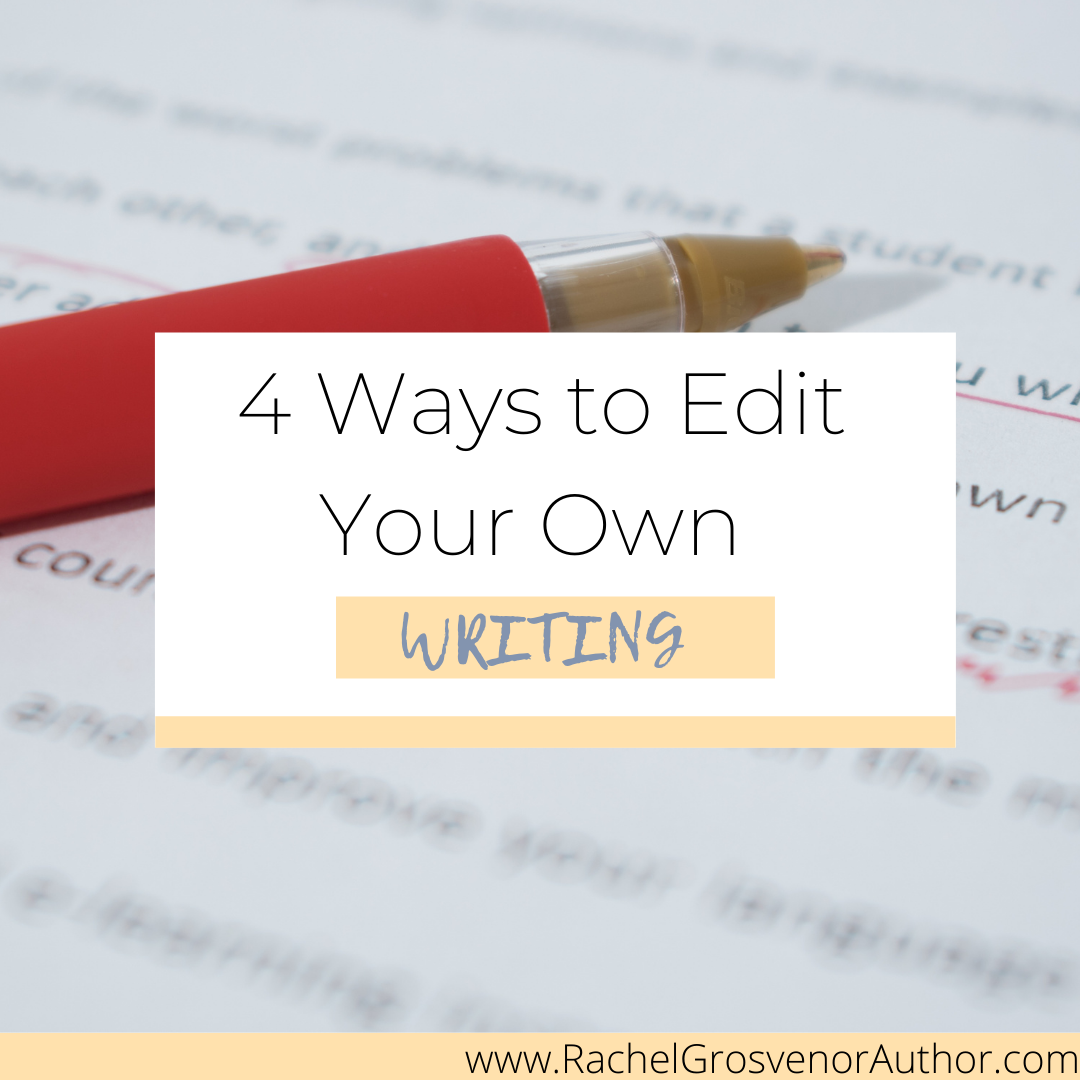Yes, editors do hire editors, and that includes me. I have learned a lot from working with an editor. When it comes to your own work, you are often so involved that you often need someone else to read it before you send it out to readers. That can come in many forms – it might be that you’re looking for a beta reader (someone who reads your touched up manuscript), an alpha reader (someone who reads your rough draft), or you may decide to go for an editor for a more in-depth analysis. Here are five things I learned from hiring an editor.
1) They can help you see your own work clearly.
It isn’t easy to see your work when you’re so close to it. When I recently sent my first five chapters to an editor, I took out a prologue before I sent it. This was for a few different reasons, but I was so familiar with the world that I had created that I didn’t realise the prologue missing would cause many issues. Ummm…I was wrong! Some important world-building was in that prologue, and so by removing it before sending, I made my editor say…’Where is this exactly?’ An interesting lesson! The world-building throughout the rest of my novel is tight, so I’m not worried about this. Now I know that the first few chapters require more world-building and detail if I want to remove that prologue.
2) Peer review is valuable.
It can be scary to send your work to other people, but peer review always makes it stronger. Hearing what other people think, what they expected, and how they feel about your story will allow you to make it so much better.
3) They save you time.
Yes, although it can feel like you’ve been given more work when an editor comes back to you with a report, they are actually saving you a lot of time. They are ploughing through the manuscript for you, marking up those bits that need changing, and providing you with information that it would have taken hours to find yourself.
4) They give you ideas you may have never considered.
We all need a fresh pair of eyes sometimes, and an editor can help you see a new direction for your work, a character, or a scene. Sometimes, it’s even something that you may have never considered before.
5) They can spot inconsistencies you cannot.
As we are so close to our stories, we can miss inconsistencies or repeated details. After all, we know the world so well, so when this isn’t communicated to the reader well enough, it won’t always be easy to spot. An editor can help you see those issues, including other common occurrences such as repetitive words and phrases.
What have you learned from hiring editors? Share with me because I would love to know!
If you are looking for an editor, get in touch today. I would love to help you polish up your work and make it shine, and I am currently booking from Spring 2022.
If you are looking for a similar read, check out the following:
4 Ways to Edit Your Own Writing
Online Writing Tools That Can Help You Write Your Novel







